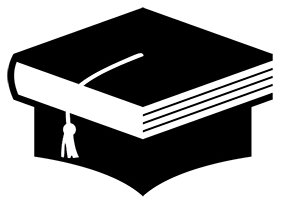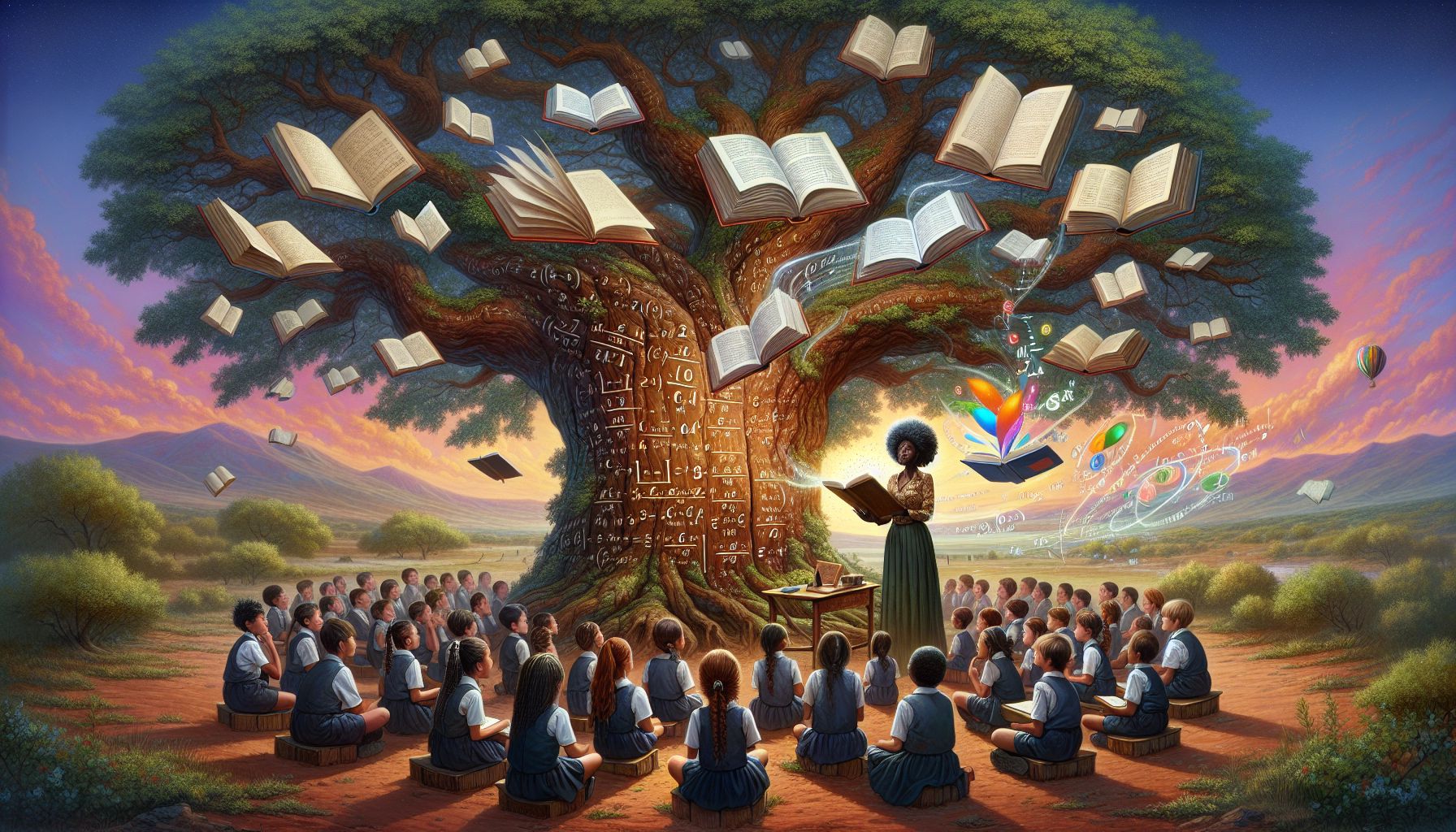Are you a beginner educator stepping into the vast world of teaching and pedagogy? Are you eager to enhance your skills and knowledge to become an expert in the field? If so, then you’ve come to the right place! In this article, we will explore a selection of thought-provoking and enriching books that will guide you on your journey of literary exploration.
The Art of Teaching
Albert Einstein once said, “It is the supreme art of the teacher to awaken joy in creative expression and knowledge.” To become an expert educator, it is crucial to understand the art of teaching. One book that can greatly assist you in this pursuit is “The Courage to Teach” by Parker J. Palmer. This book explores the inner lives of teachers and encourages them to connect with their vocation on a deeper level. It challenges the notion of teaching as a mere transfer of knowledge and delves into the importance of creating a meaningful and transformative learning experience.
Understanding Learning Styles
As educators, we have the responsibility to accommodate various learning styles and engage students in ways that resonate with them. In his book, “Teaching with the Brain in Mind,” Eric Jensen presents brain research findings and practical strategies for creating a brain-friendly classroom environment. Understanding the science behind learning will equip you with the tools necessary to tailor your lessons to different learning styles, challenging and empowering each student to reach their full potential.
Culturally Responsive Teaching
In today’s diverse classrooms, it is essential to embrace cultural diversity and foster an inclusive learning environment. To excel in this aspect of teaching, I recommend “Culturally Responsive Teaching and the Brain” by Zaretta Hammond. This book provides valuable insights into how culture and learning are interconnected, offering strategies to leverage students’ cultural backgrounds and experiences to enhance their academic success. It emphasizes the importance of building relationships, promoting cultural competence, and creating a culturally relevant curriculum.
Encouraging Creativity and Critical Thinking
“To teach is to learn twice.” This quote by Joseph Joubert highlights the symbiotic relationship between teaching and learning. To foster creativity and critical thinking in your students, Guy Claxton’s “Building Learning Power” is a must-read. This book explores how to develop students’ learning dispositions, helping them become independent and confident learners. The author encourages educators to cultivate a growth mindset, design engaging learning experiences, and embrace mistakes as opportunities for growth.
Nurturing Social-Emotional Learning
In addition to academic knowledge, social-emotional learning is crucial for students’ overall well-being. Daniel Goleman’s book, “Emotional Intelligence: Why It Can Matter More Than IQ,” offers insights into the importance of emotional intelligence and provides strategies to develop it in the classroom. Understanding emotions, building empathy, and fostering positive relationships are all key aspects of social-emotional learning, enabling students to navigate the complexities of life successfully.
In conclusion, embarking on the journey of becoming an expert educator requires a commitment to continuous learning and growth. These recommended books, filled with thought-provoking ideas and practical strategies, will help guide you on your path. Remember, teaching is an art, and by deepening your understanding of teaching methodologies, brain science, cultural responsiveness, creativity, and social emotional learning, you will master the craft of educating with grace and expertise. Happy reading, and may these books inspire you on your journey to becoming an exceptional educator!




